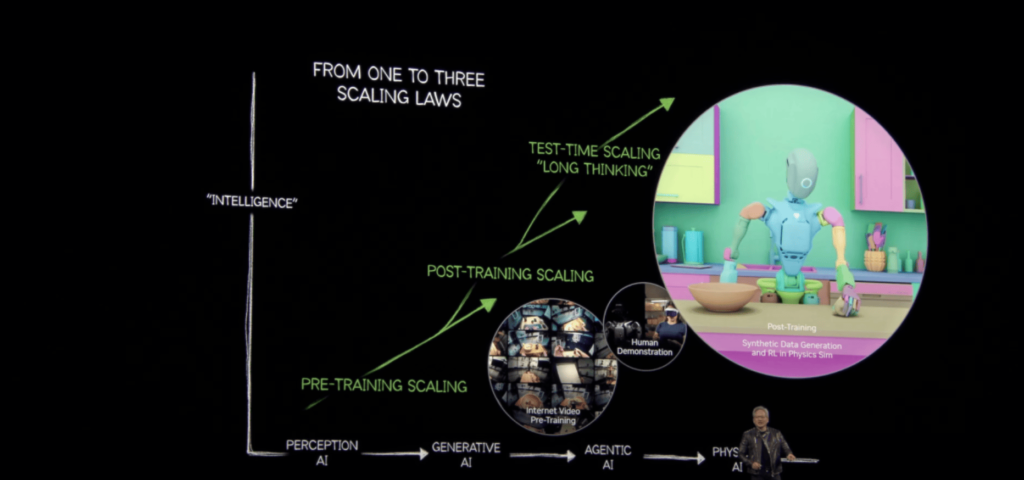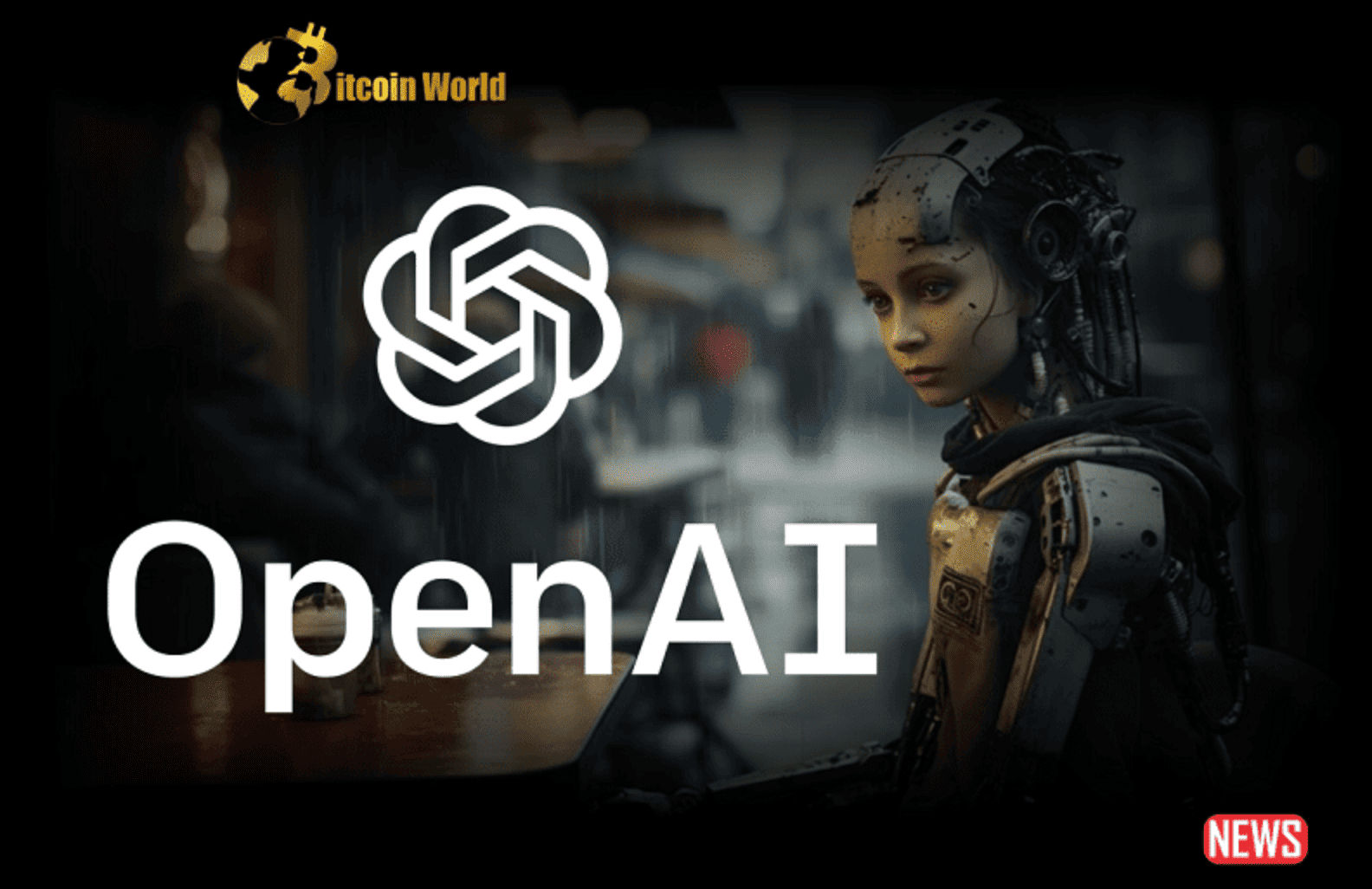
OpenAI’s VP Liam Fedus Departs to Launch AI-Driven Materials Science Startup
Liam Fedus, OpenAI’s VP of research for post-training, is leaving the company to start a new venture. His startup aims to revolutionize materials science with AI-powered innovations. OpenAI plans to support the project through investment and collaboration, strengthening its ties to emerging AI applications.
Bringing AI to Materials Science
Materials science plays a critical role in technology, manufacturing, and sustainability. Fedus’s new startup will explore how AI can accelerate material discovery, optimization, and real-world applications. This approach could lead to breakthroughs in energy storage, semiconductors, and advanced manufacturing. Read more about AI in materials science.
OpenAI’s Strategic Involvement
OpenAI sees potential in AI-driven materials research and is backing Fedus’s venture. The company plans to invest in and collaborate with the startup, reinforcing its commitment to expanding AI beyond software and automation. This partnership could drive advancements in AI-assisted material development, helping industries create more efficient and sustainable solutions.
Expanding AI’s Impact Beyond Tech
AI is transforming industries beyond traditional computing. In materials science, it can speed up research, predict material properties, and enhance production efficiency. As AI applications grow, companies like OpenAI are looking to integrate advanced machine learning into scientific discovery. Explore AI’s role in research.
What’s Next for AI in Science
The combination of AI and materials science could reshape multiple industries. From better batteries to stronger building materials, the possibilities are endless. Fedus’s startup may pave the way for AI-driven breakthroughs, making research faster and more effective. Scientists and tech leaders are closely watching this space. Stay updated on AI developments.
AI-Driven Materials Discovery: Transforming Science and Innovation

AI is revolutionizing materials science, making discovery faster and more efficient. Companies like Google DeepMind and Microsoft are leading advancements in this field. Their AI models predict new materials with unmatched accuracy, transforming research across industries.
DeepMind’s GNoME: A Breakthrough in Materials Science
Google DeepMind developed GNoME, an AI system designed for materials exploration. It has discovered 2.2 million new crystals, including 380,000 stable materials. This achievement is equivalent to 800 years of research using traditional methods. AI is now helping scientists identify materials for superconductors, energy storage, and semiconductors. Learn more about DeepMind’s research.
Microsoft’s AI Tools for Materials Prediction
Microsoft has also entered the materials science space with MatterGen and MatterSim. These AI tools predict materials’ properties and assess their stability. By reducing reliance on physical experiments, AI speeds up research while lowering costs. This approach helps in the development of next-generation batteries, advanced electronics, and sustainable materials. Explore Microsoft’s AI initiatives.
How AI is Changing Materials Science
AI enables rapid material screening, identifying promising candidates faster than traditional lab testing. Machine learning models analyze vast datasets, predicting chemical structures, stability, and performance. This allows researchers to develop better materials for clean energy, medical devices, and industrial applications.
Future Possibilities in AI-Driven Materials Science
The integration of AI in materials discovery is unlocking new technologies with real-world impact. Future breakthroughs could lead to more efficient superconductors, advanced lithium-ion conductors, and stronger industrial materials. As AI continues to evolve, industries will see faster innovation cycles and improved research accuracy. Stay updated on AI advancements.
OpenAI Expands Its AI Strategy into Scientific Research
OpenAI’s investment in Liam Fedus’ materials science startup marks a shift toward AI-driven scientific research. The company sees AI as a key tool for solving complex scientific problems. This move aligns with its broader mission of advancing artificial superintelligence.
AI for Science: A Strategic Focus

OpenAI recognizes materials discovery as a high-impact field. Supporting AI applications in science could lead to breakthroughs in energy storage, electronics, and advanced materials. This strategy strengthens OpenAI’s position in AI-powered research. Learn more about AI in science.
Competing with Tech Giants in AI-Driven Science
The partnership helps OpenAI compete with companies like Google DeepMind and Microsoft. These firms are already leveraging AI for materials discovery and drug development. OpenAI’s involvement signals a growing interest in scientific AI applications beyond language models.
Bridging the Gap Between AI and Scientific Breakthroughs
AI skeptics often question its ability to drive real scientific progress. OpenAI aims to prove AI can accelerate research and innovation. AI-powered simulations and predictions could make scientific discoveries faster and more cost-effective. Explore AI’s role in research.
The Future of AI-Driven Scientific Advancements
AI could transform research across multiple fields, from physics to healthcare. As AI models improve, their ability to predict, test, and optimize materials will grow. This approach could unlock new solutions for energy efficiency, nanotechnology, and sustainable materials. See more blogs.

